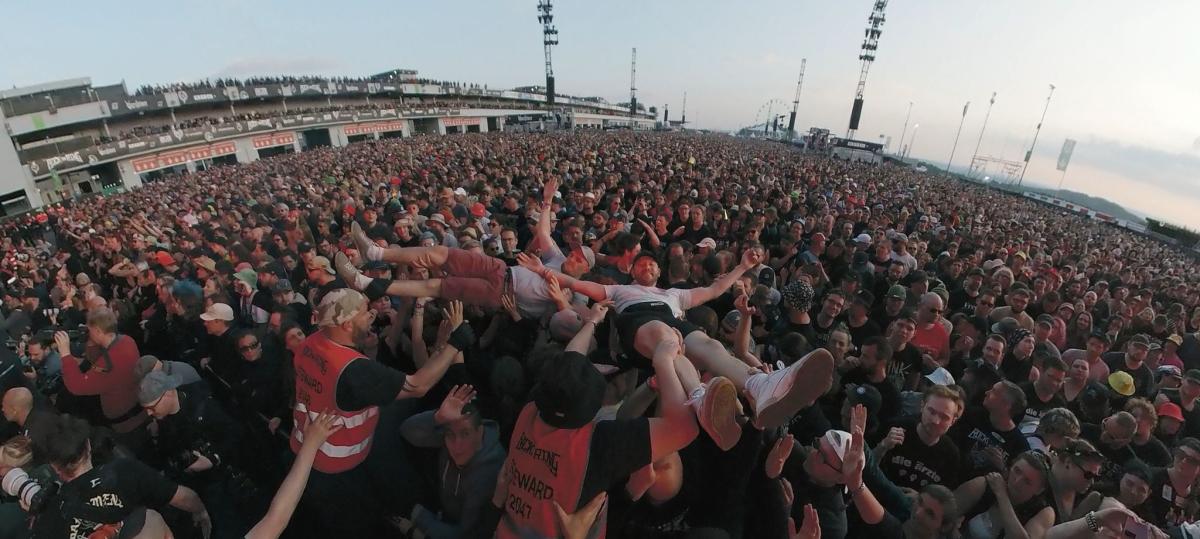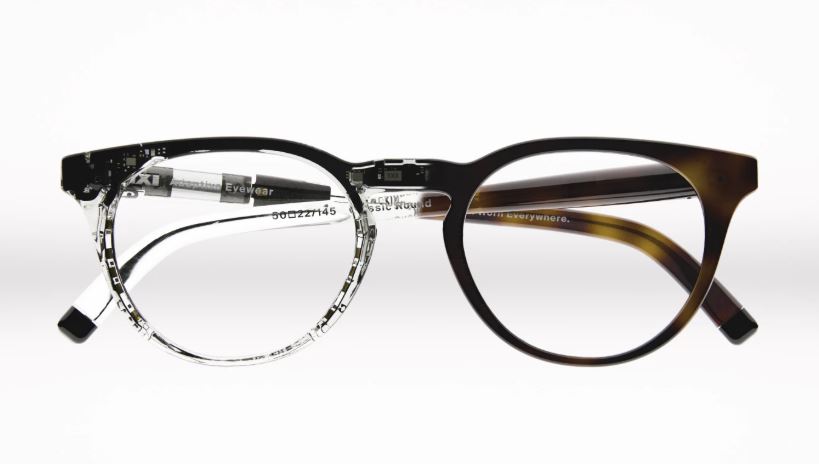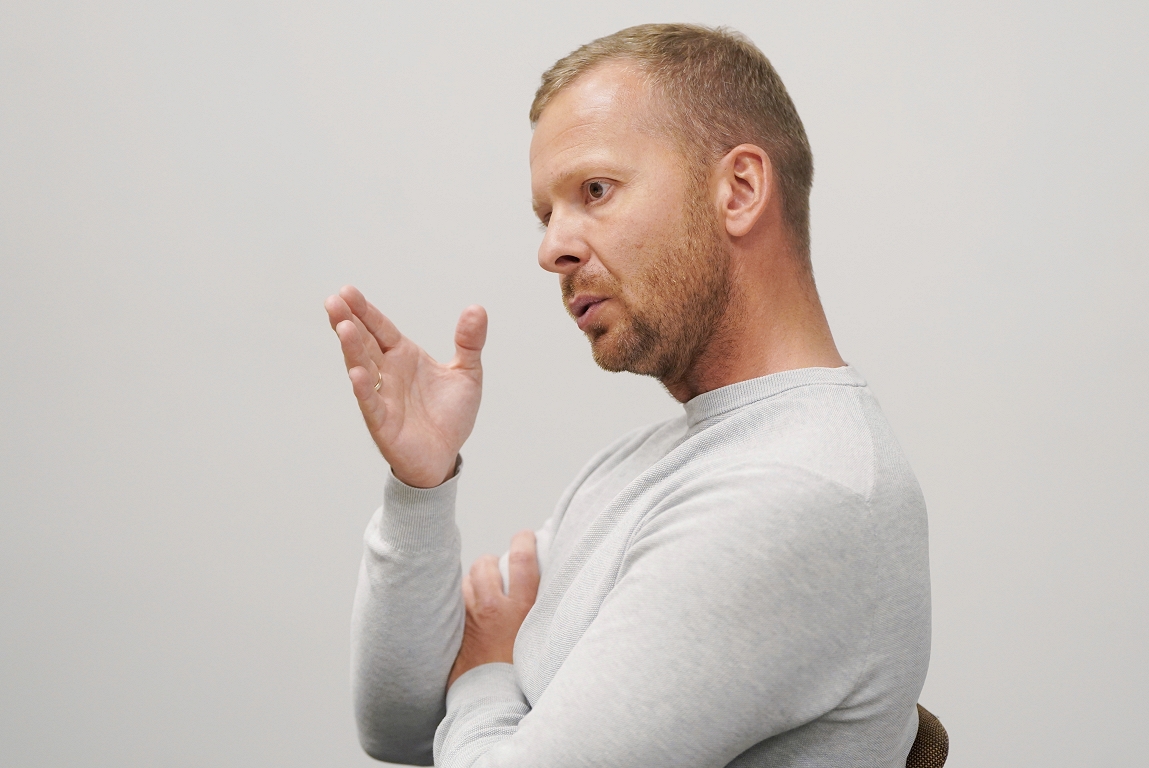Finns do not trust Trump to help the United States

NATO|In the NATO Poll survey surveys, support for NATO membership in Finland, which remained 80 percent, was clearly lurking, especially in women.
From Finns has gone almost completely credit to the United States as an ally, at least the president Donald Trump under.
In a survey of the NATO Poll study project, released on Thursday, only 16 percent of respondents rely on the ability of the United States to defend NATO European Member States. The opposite of the March survey was as many as three quarters of the respondents, only one in ten uncertains.
The suspicion had woken up a year ago, but less severe. In April 202, more than 30 % of the respondents said they were at least somewhat confident that the United States would help the European NATO allies, « regardless of who would be elected as president of the United States. »
Finnish The view of bilateral defense cooperation with the United States is almost as gloomy: less than 30 percent of respondents trust in this regard to be considered by Trump as president, about two out of three do not trust.
Trump’s rise to president seems to be reflected in a much less severe form of support for NATO membership in Finland. In NATO Poll surveys in the first two years of membership, membership support rose from 81 to 83 %. This spring, only 76 % of the respondents would be responsible for voting on the question of joining NATO.
Interestingly, the most Finns’ readiness to order reservists to go to the other NATO country, who has been attacked, even in a few years, seems to have been a little strengthened. Citizens seem to support the notion that Finland is also a security producer in NATO.
Seven The decline in the percentage point in supporting NATO membership is unevenly distributed: men’s support for NATO membership only rushed to a few percentage points, women as much as 11 percentage points.
According to researchers, it is also noteworthy that the decline in support was particularly focused on the youngest and lower levels of education and income. In the oldest -educated and upper professional groups, the change has been clearly smoother.
Compared by party, the largest decline in NATO’s support was in the Greens and the Left Alliance. For the latter, support for membership fell to less than 50 %.
According to researchers, it seems that those who, in principle, have reservedly responded to the NATO membership of Finland’s NATO membership, and those who have strongly supported membership from the beginning are still considering NATO as a correct solution.
Despite the decline in NATO’s support, the support for membership in Finland is still stronger than the average in the Member States of the Defense Association (about 70 %). In a recent survey, more than half of the respondents believed that « Finland would not be a completely Western state without NATO membership ».
Ukraine According to the survey, the continuation of support is almost self-evident: as many as 85 % of respondents agree that EU countries must support Ukraine in military and economically until peace is tied under the terms approved by Ukraine.
Two out of three also believe that the United States do not have the right to prevent NATO membership in Ukraine, even if it allows peace. Otherwise, there is also a contradiction in the terms of peace: more than half of the respondents consider heavy concessions to continue war as a better alternative. At the same time, four out of five believe that Russia should not allow the Ukrainian regions it conquered, even though it ordered peace.
More than 70 % of respondents also support the so -called coalition of the so -called willing to be formed in European countries and the placement of its troops in Ukraine after a possible peace agreement. More than half of the respondents are less supported by the sending of Finns to such tasks, with less than one third.
Significantly clearer is support for sanctions against Russia: three-quarters according to the EU should not follow the example of the US if it ended up removing its own Russian sanctions after a possible peace agreement.
President Alexander Stubbin Flashing the possibility of restoring Finnish and Russian political relations will still be suspicious of Finns in the future. Both keeping relationships on ice and re -established after peace in Ukraine is worth about 40 % of the respondents.
Finns support the strengthening of defense capabilities both nationally and at European level
The government’s decision to start preparation for the termination of the Ottawa Agreement, which prohibits anti -infant mines, is now a majority support (57 % of respondents). Two -thirds of the respondents would be prepared to accept, for example, the proposal made by France to raise the relative share of defense expenditure from GDP to 3-3.5 %. The survey was conducted before the decision of the government in early April, proposed by the share of defense expenditure to 3 % by 2029.
At least the five percent GDP target of President Trump is too much for the majority of respondents, either because of the percentage or the performer.
Two-thirds of the respondents would also accept a joint debt for the development of European defense and as many as four-fifths are ready to transfer to the majority majority in the EU’s foreign, safety and defense policy. This would eliminate, for example, Hungary’s constant opposition to Russia and Ukraine.
Researchers According to a survey, Finns ‘confidence in their own political leaders’ ability to produce solutions in the current security environment is downright startlingly low. Only one fifth believe that politicians are capable of making long -term decisions. Indeed, researchers conclude that Finns expect a clearer and more knowledgeable approach to their leaders.
The majority of respondents would retain the participation in NATO meetings with the President, but almost as many people find it unclear who leads Finland’s foreign and security policy in practice.
Cultivated by President Stubb, « value -based realism » says they have heard 71 percent of the respondents, but only less than one third estimates that they can describe its content.
On Thursday The published research report is part of the Kone Foundation’s « NATO Poll) research project (2023-2026), which is interviewed at regular intervals and comparing the development of their views.
Thing It has now been measured in the Four Taloustutkimus Permanent Internet Panel, the first of which was responded to less than 2,900 people in the summer of 2023.
This After the number of respondents, the number of respondents has gradually decreased. The number of respondents was over 1,100 people in this spring’s survey.
In the process The margin of error has risen from just under two percentage points of the first survey to less than three percentage points this spring survey.
Queries However, according to the researchers, it is emphasized that they also form an independent representative of the Finns.








